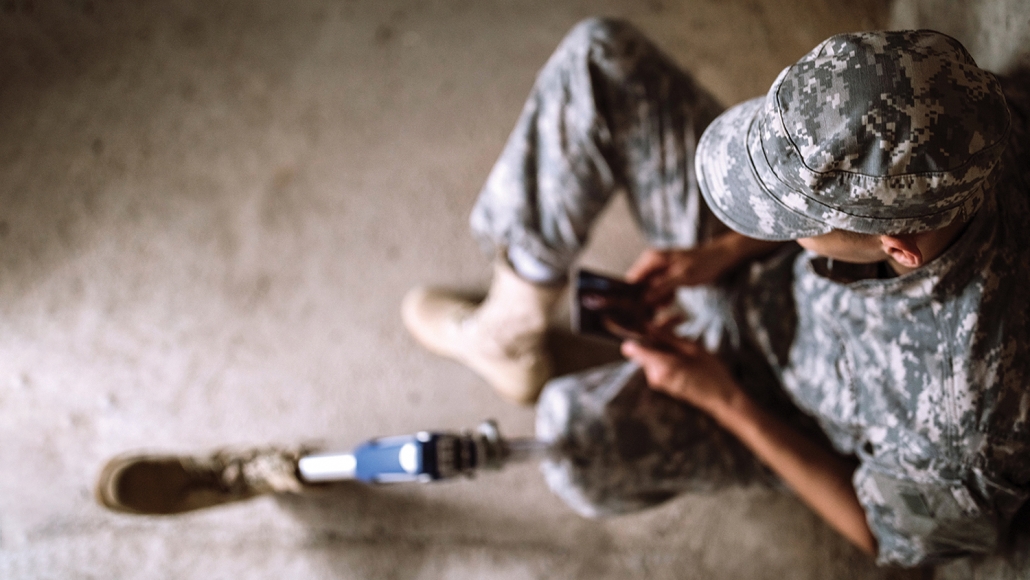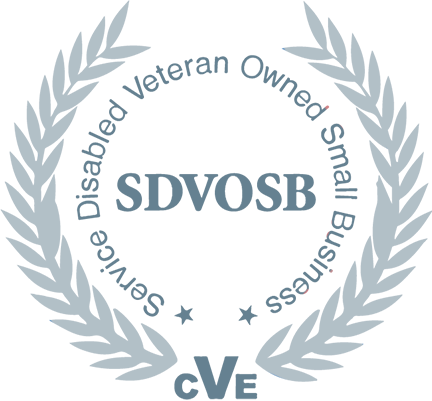Assessing Women’s Care at VA Medical Centers
The U.S. Department of Veterans Affairs (VA) is working to provide better care to women Veterans at its medical centers. We supported VA in this endeavor through a thorough assessment of care delivery.
We used our extensive health care industry knowledge and expertise to evaluate care at each VA medical center (VAMC). We collected quantitative and qualitative data to identify and document trends, opportunities, and recommendations for quality improvement. Our team assessed primary care, mental health, inpatient, and specialty services; process documentation and clinical care pathways; care coordination; women’s health program structure, oversight, and leadership support; outreach and communication; academic affiliations; education and training; and facility culture and environments of care. Our research included in-depth interviews, document and policy reviews, review of quantitative data sources, facility tours, and case-based clinical discussions.
By coordinating the data from 140 VAMCs, we built a national-level database that allows for broader analyses and opportunities to share best practices. In respond to the identified opportunities for improvement, we developed a Women’s Health Evaluation Based Quality Improvement (EBQI) initiative to develop tailored quality improvement action plans and provide intensive technical assistance (TA) at select VAMCs. Using our unique experience in health care analytics and regulatory compliance, we were also able to promote compliance with VHA Women’s Health program directives and standards and industry best practices.
There are a rising number of women Veterans and the outcomes of this assessment will continue to support women’s health services, outreach, and care. For one, the assessment increased the exposure of health programs, so VA can better meet women’s unique health needs.


